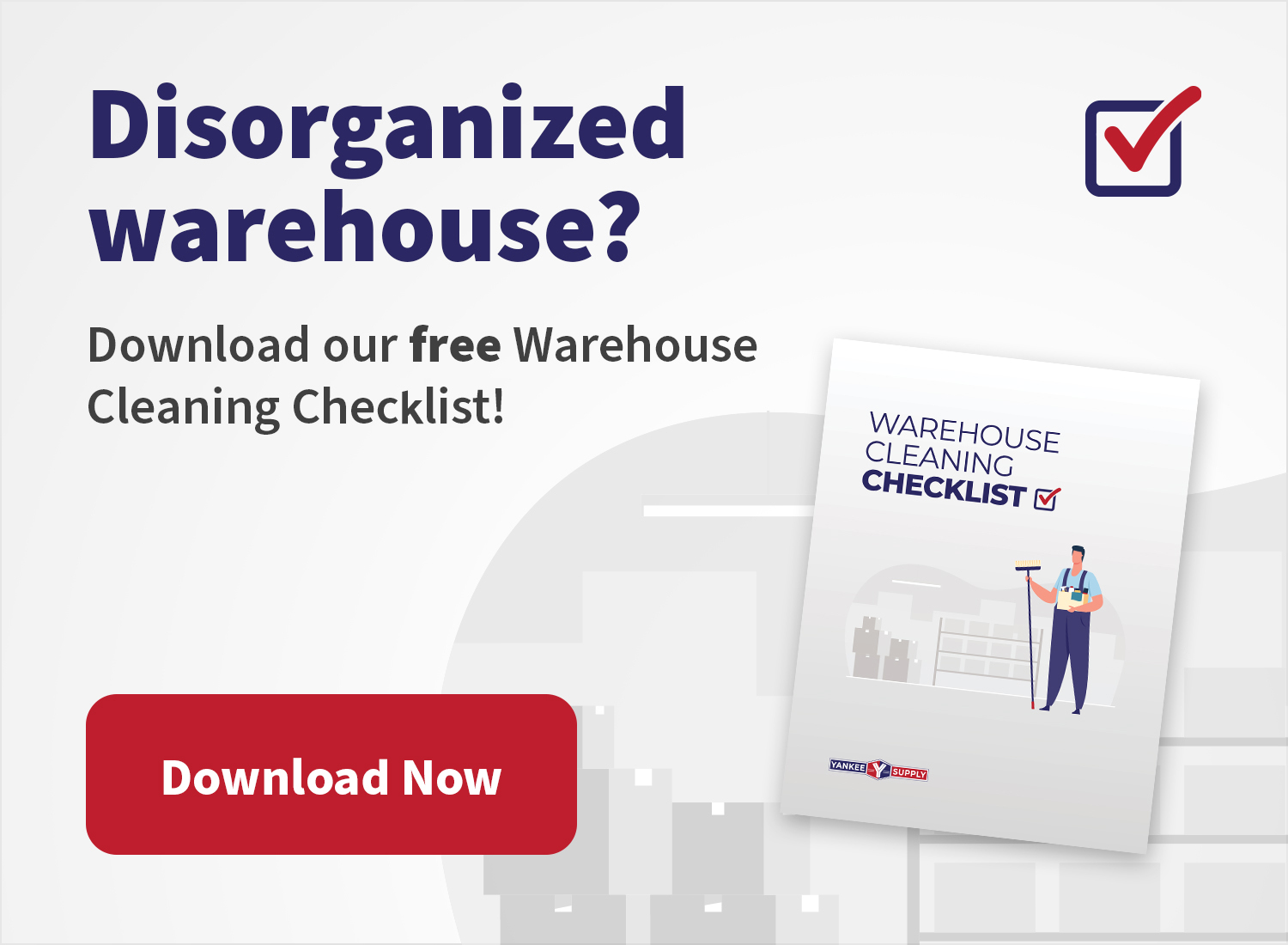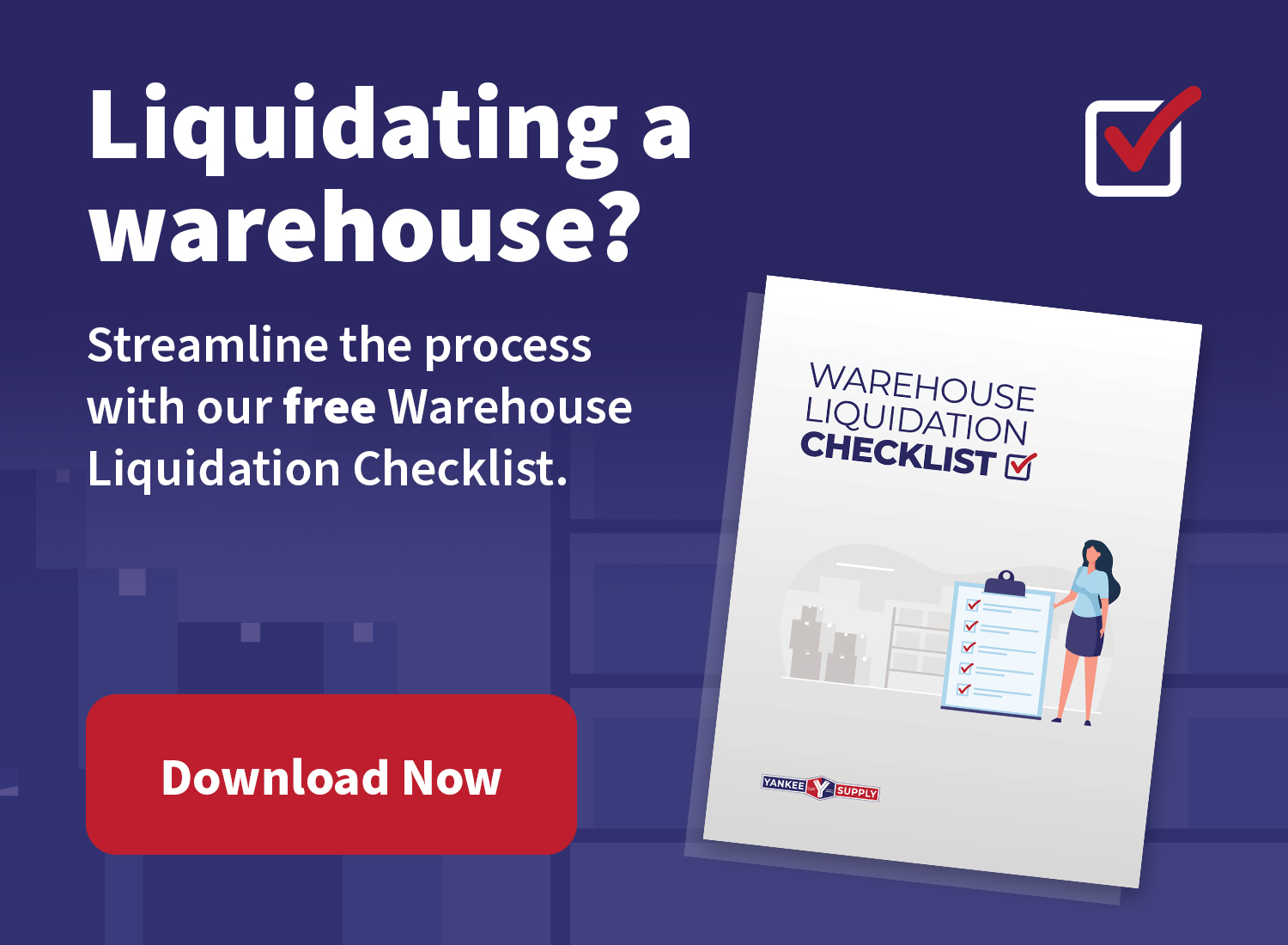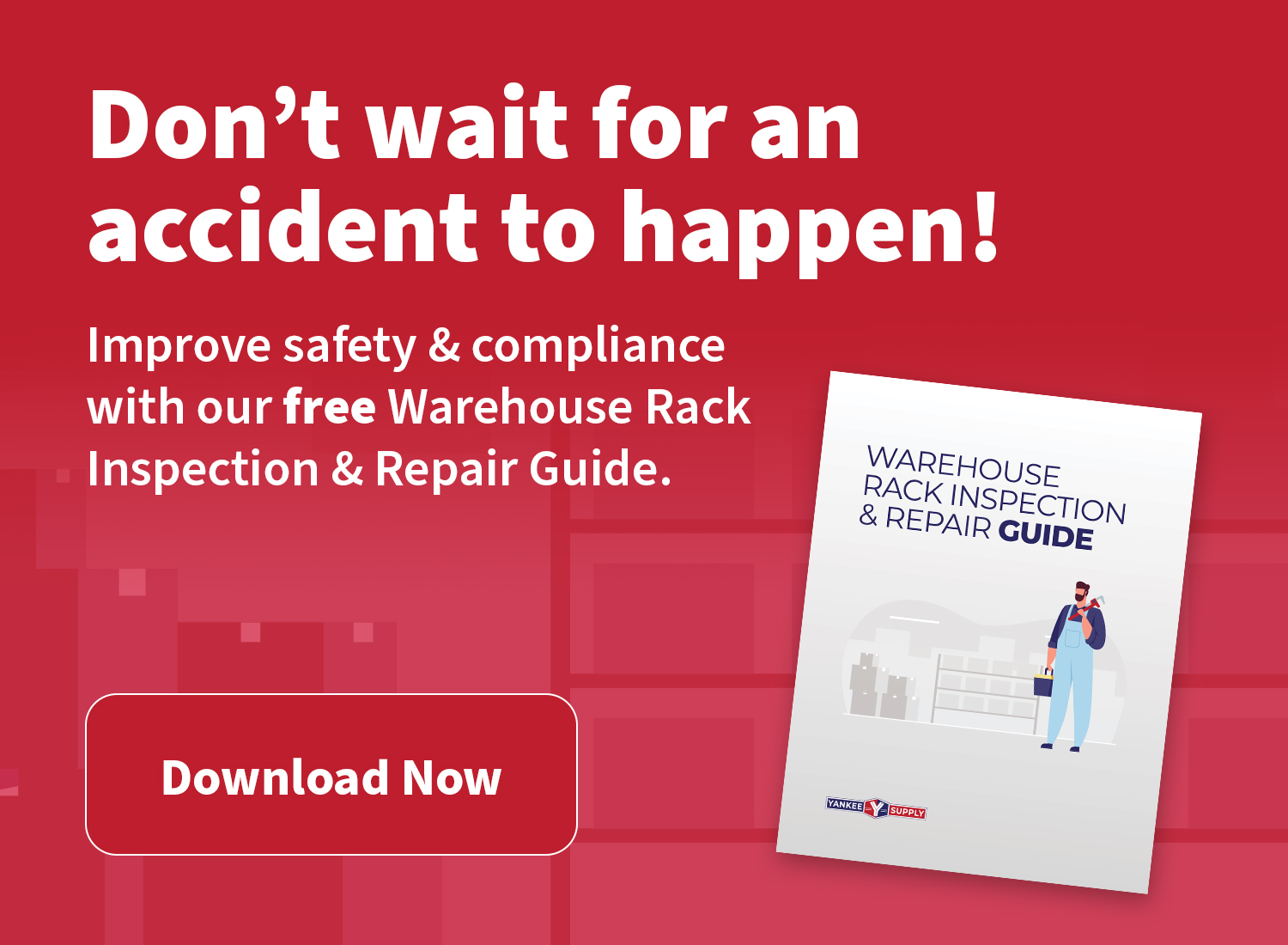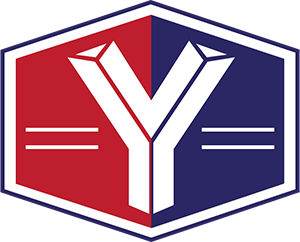Choosing the right industrial mezzanine is a critical decision for businesses looking to optimize their warehouse or manufacturing space. Industrial mezzanines are elevated platforms that provide additional floor space without the need for building expansions, making them an efficient and cost-effective solution for maximizing vertical space. With various types and customizable options available, finding the perfect mezzanine to meet your specific needs can significantly enhance your operations.
In this comprehensive guide, we will explore the different types of industrial mezzanines, their benefits, and the key factors to consider when selecting the right one for your business. Whether you are looking to increase storage capacity, improve workflow, or integrate with existing systems, this guide will provide valuable insights to help you make an informed decision.
Key Factors to Consider When Choosing an Industrial Mezzanine
First, we'll delve into the essential factors you need to evaluate to make an informed decision when selecting an industrial mezzanine.
Load Capacity and Weight Distribution
Understanding load requirements and ensuring safety and structural integrity are fundamental when choosing an industrial mezzanine. Different operations have different load capacities, and it's essential to calculate the total weight your mezzanine will need to support, including the weight of equipment, inventory, and personnel. A mezzanine designed with the appropriate load capacity and weight distribution ensures both safety and longevity.
Space and Layout
Analyzing the available space and designing a layout that suits your needs is crucial for the efficiency of your mezzanine. Consider the dimensions of your warehouse or facility, and plan the mezzanine layout to optimize the use of vertical space. A well-designed layout not only maximizes storage but also facilitates easy movement and access, contributing to better workflow and productivity.
Material and Construction
The choice of materials and construction methods plays a significant role in the durability and maintenance of your mezzanine. Common materials used for mezzanines include steel, aluminum, and wood. Steel is preferred for its strength and durability, aluminum for its lightweight properties, and wood for specific applications. Evaluate the material based on your operational requirements and the environmental conditions of your facility.
Compliance and Safety Standards
Meeting industry regulations and incorporating safety features and measures are non-negotiable aspects of mezzanine installation. Ensure your mezzanine complies with local building codes and OSHA regulations. Safety features like guardrails, staircases, and load gates are essential to protect workers and maintain a safe working environment.
Customization and Flexibility
Next, we'll look at customization and flexibility, which are key to ensuring that your mezzanine meets your specific operational requirements and can adapt to future changes.
Tailoring the Mezzanine to Your Needs
Customization allows you to tailor the mezzanine to your specific operational requirements. Custom design options can include specific dimensions, load capacities, and additional features like shelving, conveyors, and lighting. The ability to modify and expand the mezzanine in the future adds flexibility to adapt to changing business needs.
Integration with Existing Systems
Compatibility with current operations is vital for seamless integration. The mezzanine should enhance existing workflows and systems, such as material handling equipment, conveyor systems, and storage solutions. Proper integration minimizes disruptions and maximizes the efficiency of your overall operations.
Cost Considerations
Finally, we'll take a look at cost considerations, examining both the initial investment and the long-term value of installing an industrial mezzanine.
Initial Investment
Budget planning and cost-benefit analysis are essential for evaluating the initial investment required for a mezzanine. While the upfront cost may vary based on the size, material, and complexity of the mezzanine, it's crucial to consider the long-term benefits and savings. A well-planned mezzanine can provide significant cost advantages compared to alternative solutions like facility expansion.
Long-Term Value
Assessing the return on investment (ROI) and considering longevity and maintenance costs will help determine the long-term value of your mezzanine. A durable and well-maintained mezzanine can serve your business for many years, providing continuous benefits in terms of space optimization and operational efficiency.
In conclusion...
Recap of key points:
- Load capacity and weight distribution
- Space and layout considerations
- Material and construction options
- Compliance and safety standards
- Customization and flexibility
- Cost considerations and long-term value
Final thoughts on making the best choice for your business: Selecting the right industrial mezzanine involves a careful analysis of your operational needs, safety requirements, and budget constraints. By considering these key factors, you can choose a mezzanine that enhances your facility's efficiency and supports your business growth.
Need help?
Are space constraints and inefficiencies causing headaches in your facility? Struggling to keep up with growing demands due to limited storage and disorganized workflows? These challenges can seriously hamper your business’s productivity and growth.
Don’t tackle these issues alone. Our team of experts is here to help. We specialize in designing and implementing mezzanine solutions tailored to your specific needs, ensuring maximum space utilization and improved operational efficiency. By working with our professionals, you’ll not only gain the benefits of their experience and expertise but also ensure the safety and compliance of your new mezzanine.
For more information or personalized assistance, contact us here. Let us handle the planning and execution, so you can focus on what you do best. Overcome your space challenges and boost your facility’s productivity with a custom industrial mezzanine solution today.










